Titanium dioxide, which is used as a colourant in many common household items such as toothpaste, sunscreen, paint and food colouring, ‘can no longer be considered as safe when used as a food additive’, according to an updated safety assessment by the European Food Safety Authority (Efsa). The Efsa expert panel concluded that the absorption of titanium dioxide particles is low after oral ingestion, but they can accumulate in the body and genotoxicity concerns cannot be excluded.
This new evaluation revises Efsa’s previous assessment from 2016, which found that titanium dioxide was safe for food applications but that further research was needed to fill in the gaps. The agency said its new determination is based on a review of many thousands of studies that have become available recently, including new scientific evidence and data on nanoparticles.
The Titanium Dioxide Manufacturers Association, which represents the major producers of titanium dioxide, says it is currently ‘carefully evaluating’ Efsa’s opinion to ‘better understand the logic behind the outcome’.
In 2017, the European Chemicals Agency (Echa) concluded that titanium dioxide may cause cancer if inhaled, and last year the EU classified the substance as a suspected carcinogen by inhalation in certain powder forms. In France, it was banned as a food additive last year. Any legislative or regulatory decision regarding phasing out titanium dioxide in foods in Europe will be made by the European commission and EU member states.
Based on Echa’s new opinion, the Environmental Working Group (EWG) is calling on the US Food and Drug Administration to quickly consider whether to phase out titanium dioxide in food use. After reviewing the ingredients of more than 100,000 products, EWG found titanium dioxide in more than 3000 ‘ultraprocessed foods’, including the popular brands Jell-O, Little Debbie and Tasty Cakes.





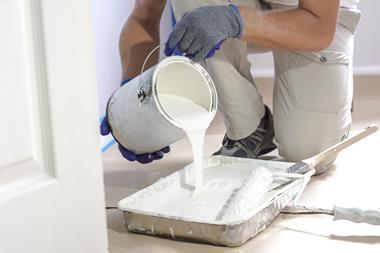
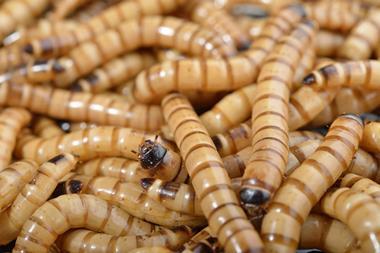
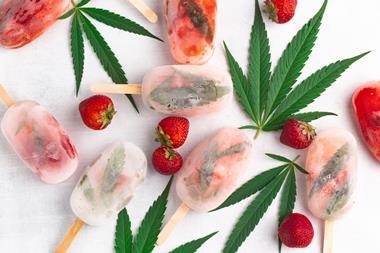



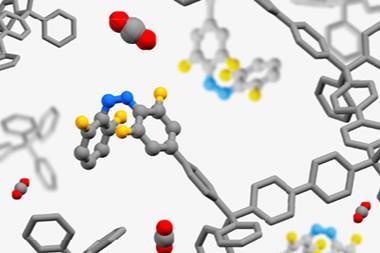
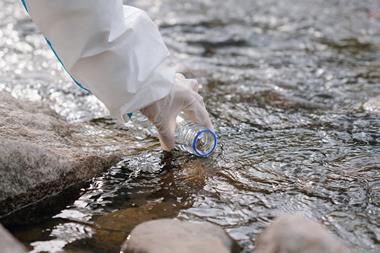




No comments yet